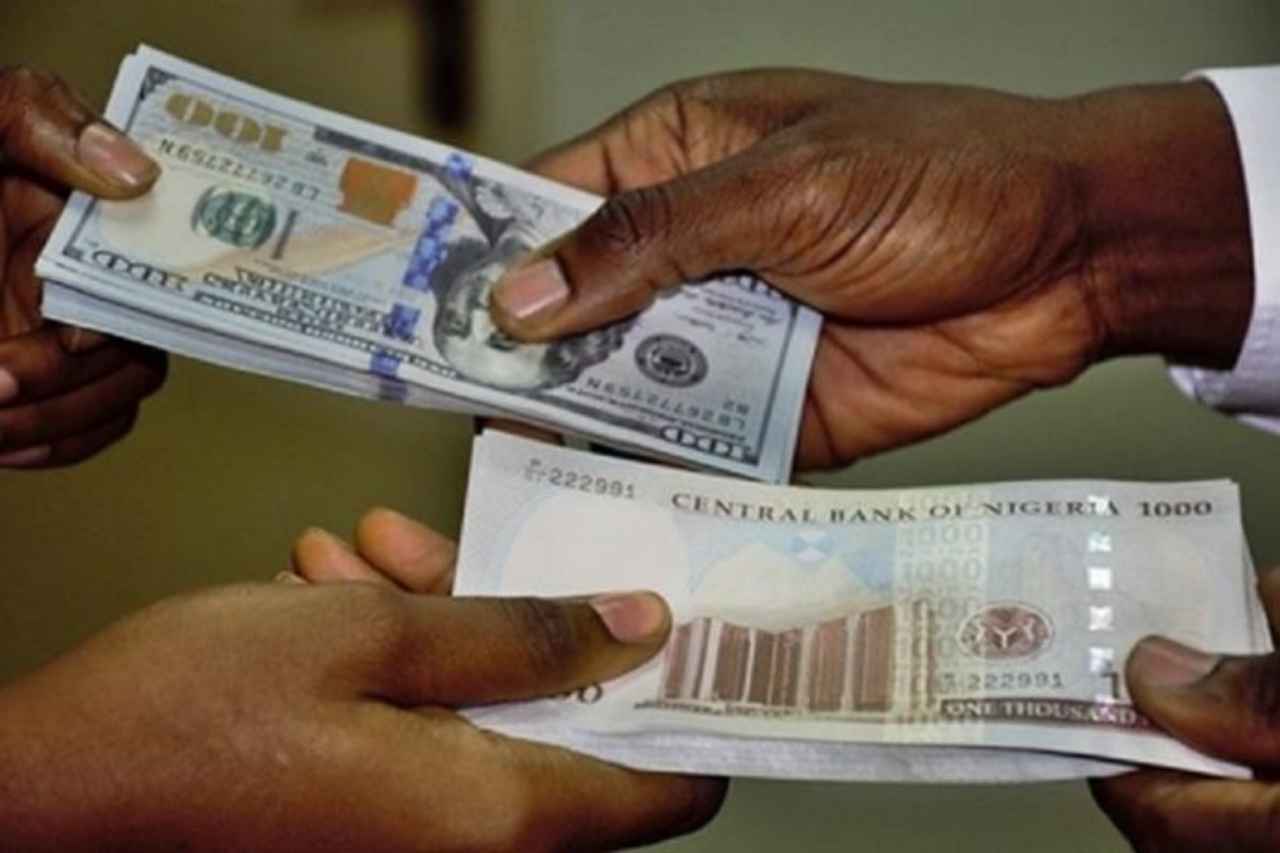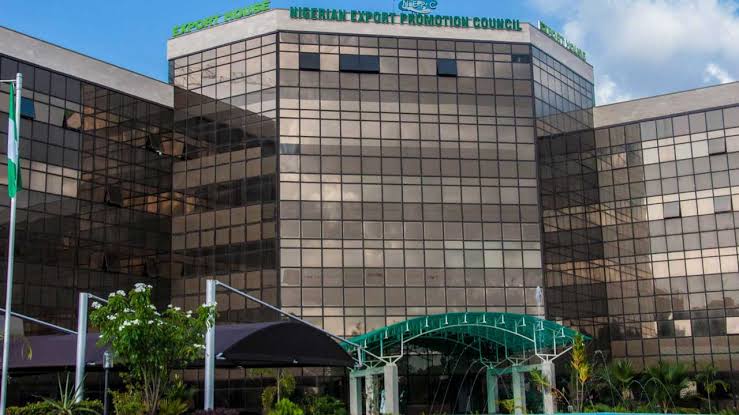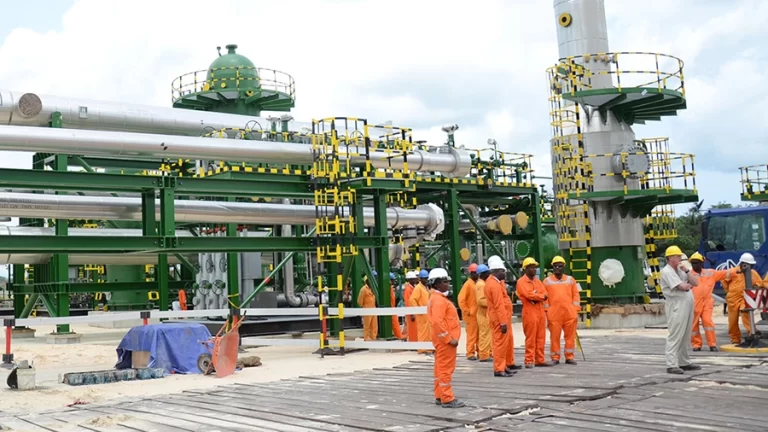Black market: Dollar to Naira exchange rate today – 9th January 2024
Explore the current Dollar to Naira exchange rate in the black market, commonly known as the parallel market or Aboki FX.
Get insights into the rates from 8th January and make informed decisions when swapping your dollar for Naira.
Latest Black Market Exchange Rate
Discover the black market Dollar to Naira exchange rates in Lagos Parallel Market. As of Monday, 8th January 2024, players in the black market buy a dollar for N1240 and sell at N1245, according to Bureau De Change (BDC) sources.
Important Note: The Central Bank of Nigeria (CBN) does not officially recognize the parallel market (black market).
Individuals seeking Forex transactions are advised to approach their respective banks.
Dollar to Naira Black Market Rate Today
Dollar to Naira (USD to NGN) – Black Market Exchange Rate Today
- Buying Rate: N1240
- Selling Rate: N1245
Dollar to Naira CBN Rate Today
Dollar to Naira (USD to NGN) – CBN Rate Today
- Buying Rate: 877
- Selling Rate: 878
Please be aware that the Forex rates for buying or selling may vary from those presented in this article due to market fluctuations.
Effects of Black Market Dollar to Naira Rates
The impact of the dollar to naira exchange rate in the black market on Nigeria’s economy is intricate and varied, with potential consequences including:
- Inflation: An elevated black market rate may contribute to inflation by escalating the costs of imported goods and essential commodities. This, in turn, could diminish the purchasing power of Nigerians, leading to a decline in their overall standard of living.
- Trade Balance: A heightened black market rate has implications for the trade balance, the disparity between exports and imports. While a weaker naira can enhance the competitiveness of exports, it may also dampen the demand for imports. This dynamic could affect domestic industries reliant on foreign inputs or markets.
- Economic Growth: The impact of a high black market rate on economic growth is nuanced, influenced by the responsiveness of exports and imports to exchange rate fluctuations, as well as the effects of inflation and interest rates on investment and consumption. Research findings on this matter vary, with some studies indicating a positive effect on economic growth in Nigeria due to exchange rate volatility, while others suggest a negative impact.
Despite the Nigerian government’s efforts to stabilize the exchange rate and narrow the gap between official and black market rates through measures like foreign exchange controls, import restrictions, currency swap agreements, and intervention funds, these policies have not adequately addressed underlying issues such as low oil prices, weak foreign reserves, capital flight, and corruption.
To truly enhance the economic situation and reduce reliance on the dollar, comprehensive and sustainable solutions are imperative.
CBN Disburses $61.64M to Foreign Airlines
The Central Bank of Nigeria (CBN) has recently disbursed $61.64 million to foreign airlines operating within the country.
This initiative is part of the CBN’s strategy to reduce outstanding liabilities to these airlines.
Hakama Sidi, the acting Director of Corporate Communications at the CBN, revealed that this disbursement was facilitated through various Deposit Money Banks (DMBs) in Nigeria.
Additionally, the CBN has successfully redeemed approximately $2 billion in outstanding forward liabilities over the last three months, bringing the total to about $2.062 billion.
Sidi emphasized that these actions underscore the CBN’s commitment to clearing pending matured foreign exchange in banks, contributing to the stabilization of the exchange rate.




